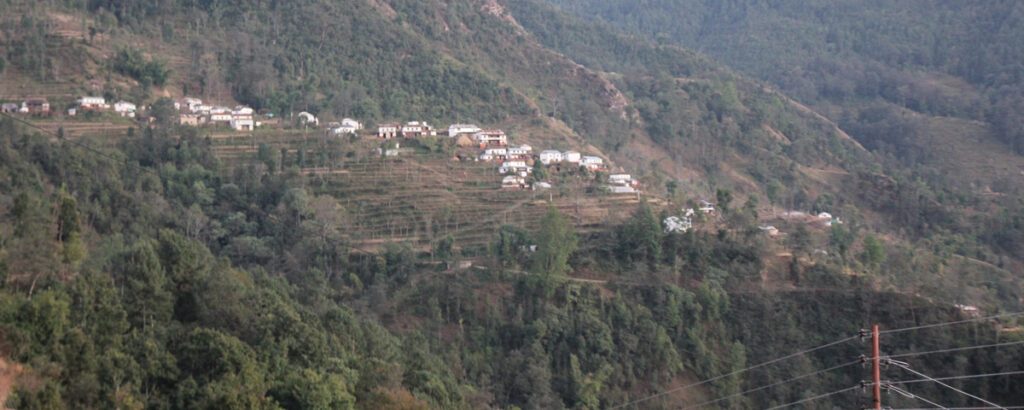Inclusive Energy Access Planning

Project description
This PhD research project is concerned with the development of improved regional energy access planning methods through the case of Nepal.
Over one billion people remain without access to electricity, while over two billion people are reliant on biomass for cooking and heating energy services. Many of these people also fall below the poverty line and research indicates that energy poverty is strongly linked to other sectors of development. Improving access to those without, while also moving towards a sustainable energy transition requires, among other factors, spatial datasets such as resource availability and settlement patterns as well as socio-economic and demographic data. It is only on the basis of this data that evidence-based energy planning is possible.
This research project begins with the hypothesis that energy access measurement, modeling, analysis, and planning methods need to be aligned and adjusted to the local context in which they are applied. Existing methods often continue to rely on binary metrics, such as electricity connections or generalized assumptions for energy consumption or minimum capacity per capita. In the past, this has led to inappropriate or economically infeasible energy planning, which has often failed to be implemented or achieve local acceptance. In many cases, this is due to the failure to properly assess either the local context in which the planning was conducted, or the wishes and needs of the local population.
This research seeks to build on the current state of the art and develop methods that complement existing approaches in these aspects. The outcome of this research project will be the Inclusive Energy Access Planning Toolbox – a set of data collection, analysis and modeling tools to support existing efforts for regional multidimensional energy poverty assessment, energy access planning and energy policy development. The methods will rely completely and solely on open-source software and tools such as OpenDataKit, OpenStreetMap and QGIS among others, and uses R and Python for data analysis, modeling and visualization.
The application of the methods to support regional energy planning and policy development will be conducted with an initial focus on Nepal. The federalization process in Nepal is giving way to significant reforms in energy planning. The decentralization of the energy planning responsibilities and budgets towards regional governments will require the decentralization of capacities in energy planning. In this context, the research is directly linked to a real-world transition process currently underway.
Project duration: February 2017 – February 2020
Tasks
Component 1: Scaling inclusive bottom-up data collection
- Developing inclusive bottom-up data collection tools and analysis methods to establish spatially representative datasets for energy access, energy service demand, resource availability, and socioeconomic/demographic data across a given municipality
Component 2: Inclusive energy supply scenario development
- Defining methods for demand-based decentralized village energy supply scenario evaluation
- Defining methods for demand-based municipal energy supply scenario evaluation, including grid-extension
Component 3: Challenges and opportunities in municipal energy planning
- Identifying the role of improved data collection methods in municipal energy planning processes
- Evaluating structural barriers and requirements for evidence-based municipal energy planning